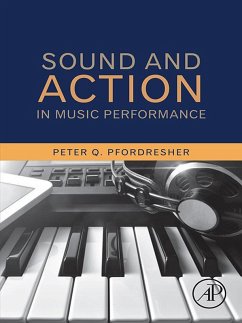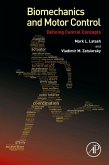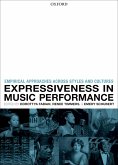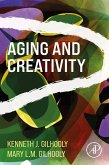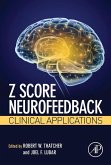Sound and Action in Music Performance addresses how auditory feedback influences the planning and execution of our movements. Focusing specifically on auditory feedback in music, including instrumental and vocal production, the book also gives substantial coverage to its role in speech. Both of these behaviors are the primary means by which people communicate their thoughts and feelings through the auditory modality, with auditory feedback being critical in each case. The book proposes that the role of auditory feedback emerges from the broader theme of coordination as our brain coordinates planned actions with concurrent perceptual events, including auditory feedback and other intrusive sounds.
Critically reviewing the existing literature and proposing hypotheses for future research, this book tackles a topic that has intrigued researchers for decades.
Critically reviewing the existing literature and proposing hypotheses for future research, this book tackles a topic that has intrigued researchers for decades.
- Covers the role of feedback in event sequencing
- Details how motor systems influence the use of auditory feedback
- Tackles neural mechanisms for feedback processing
- Characterizes hierarchical representations and synchronization
- Addresses perception/action associations and the role of internal models of production
- Discusses how learning influences the use of auditory feedback
- Considers the role of feedback in music and speech production deficits
Dieser Download kann aus rechtlichen Gründen nur mit Rechnungsadresse in A, B, BG, CY, CZ, D, DK, EW, E, FIN, F, GR, HR, H, IRL, I, LT, L, LR, M, NL, PL, P, R, S, SLO, SK ausgeliefert werden.

